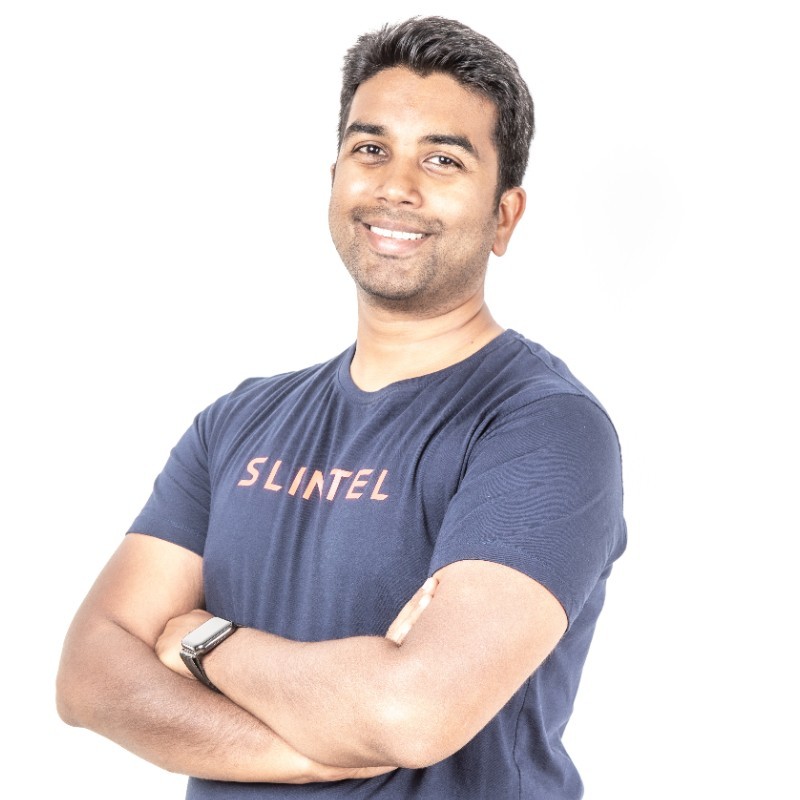🎙️ Episode Snapshot
In this fascinating conversation with Gabriel Lim, founder of BlueWhale Energy and previously Saleswhale (acquired by 6sense), Deepak explores the journey of a serial entrepreneur who pivoted from AI-powered sales tools to climate tech. From his early days coding iPhone apps to building pioneering AI email assistants and now developing modular sodium-ion batteries, Gabriel shares candid insights about taking bold risks, balancing customer feedback against innovation, and how large language models are transforming fields far beyond software development.
Topics Discussed
- Gabriel's entrepreneurial journey from software to hardware
- The Y Combinator experience and lessons learned
- Building AI products that users genuinely love
- Balancing customer requests against core innovation
- Novel approaches to product adoption and feature discovery
- The mission-driven pivot to climate tech
- How AI is transforming non-tech industries like energy
- Singapore's advantages for regulated industry startups
- The power of large language models as engineering multipliers
- The future of AI agents versus applications
Key Quotes + Ideas
"If not at least 50% of people are telling you that you are crazy when you're showing them what you want to do... then you're probably playing it too safe."
Gabriel's approach to building AI products centers on boldness rather than incremental improvements. In 2016, Saleswhale was pitching an AI assistant that would autonomously email leads and qualify them through conversation—a concept that seemed terrifying to many potential customers at the time but is commonplace today. This philosophy of embracing risk created a competitive advantage that allowed Saleswhale to pioneer a category now filled with imitators. For founders building in AI, this suggests that the willingness to make users uncomfortable might be a prerequisite for creating something truly innovative.
"The best kind of adoption is no adoption... What if I can just be very declarative with my intent—this is what I want to do—and then I have a bunch of agents that go into various softwares and just get this stuff done for me?"
When discussing product adoption challenges, Gabriel offers a provocative vision for how AI could transform user experience. Rather than forcing users to learn new features across multiple tools (the average seller uses 6-8 tools), AI agents could simply execute tasks on behalf of users. This represents a fundamental shift from training users to empowering agents—a philosophy that could radically simplify complex software ecosystems. Gabriel's "Samlew method" of having someone set up features on behalf of users before teaching them the process offers a fascinating transitional approach that AI could eventually automate.
"A more meta advice on the application process is... try not to sell. Like don't try to sell the YC interviewers on why your startup is the best thing since sliced bread, but just try to be clear... speak really clearly, really concisely on what you are doing, the problem you're solving."
This advice on YC applications reveals a counterintuitive truth about pitching: clarity trumps salesmanship. Gabriel himself didn't expect to get into YC and threw his application together in 15 minutes with a "crappy one-minute video." This demonstrates how founders often overthink application processes and psych themselves out when simple clarity about their mission and problem space might be all that's needed. This principle extends beyond YC to fundraising and customer conversations in general.
Key Takeaways
- Bold innovation creates defensible positions: Taking risks on capabilities that make customers initially uncomfortable can establish category leadership that's difficult for competitors to challenge.
- AI enables non-experts to tackle complex domains: Gabriel credits LLMs with making his transition from software to hardware possible, acting as virtual PhD advisors that make engineering more accessible in fields facing talent shortages.
- Customer feedback should update your model, not your roadmap: Rather than directly injecting customer requests into development plans, use feedback to refine your mental model of where the market is heading, then update your roadmap accordingly.
- The future belongs to declarative intent, not application interfaces: As AI agents mature, users will increasingly express what they want accomplished rather than learning how to accomplish it themselves through application interfaces.
- Sleep is the ultimate productivity hack: After years of neglecting sleep while building Saleswhale, Gabriel now prioritizes 8 hours of quality sleep above all else, even using wearables to optimize different sleep phases.
If any of these insights about building innovative products in the AI era resonated with you, check out the full conversation with Gabriel to hear more about his journey from code to climate tech and the lessons learned along the way.




